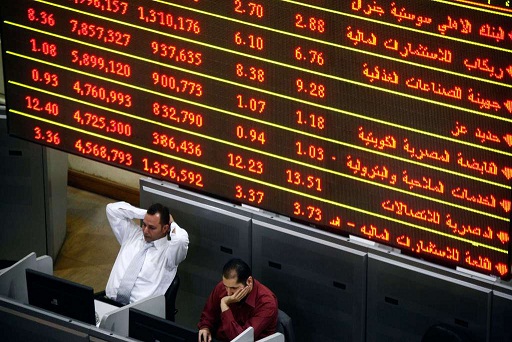The Egyptian Cabinet decided to appoint an advisory office to re-conduct a feasibility study of waste-to-energy projects and determine an appropriate purchase tariff of these plants’ production, taking into consideration the current economic situation.
Governmental sources expected the new study would be divided into three segments according to the type and nature of the waste to be used in generating energy, as the cost of purchasing rice straw differs from wood waste and organic products.
According to the sources, the first segment allocated for combustibles would be charged at 121 cents per kilowatt, the second segment of biogas plants would be charged at 145 cents, and the third segment of recycling garbage would be charged at 160 cents.
The sources said that the Ministry of Environment refused to be charged for any percentage of the tariff, because it has no surplus in its financial allocations for the waste-to-energy. There are ongoing discussions between the ministries of finance, electricity, and environment regarding this matter.
The government has set a guiding price for the waste-to-energy at 92 cents per kilowatt that was objected by investors because the tariff was low. Following intensive meetings and discussions, the tariff was increased to about 121 cents, but the flotation suggested another rise in the tariff, especially that it would be paid in pounds.
Mohamed El-Khayyat, head of the New and Renewable Energy Authority (NREA), said that the government seeks to find a payment mechanism to purchase the energy generated from waste. One of the proposed solutions is to distribute the electricity over different governorates to contribute to the payment.
He added that the state is interested in waste-to-energy projects and seeks to implement the projects through the private sector in the first quarter of next year. It came after the workshop organised by the International Agency for Renewable Energy in Egypt, including 17 trainees, on the technology of generating energy from waste and its economic feasibility.
Hatem El-Gamal, chairperson of Empower, said his company contracted with the North Delta Electricity Distribution Company to provide electricity at the price of 92 cents per kilowatt. He added he addressed the Cabinet and the Ministry of Electricity to amend the contract due to the inflation, in which the tariff reaches 102 cents per kilowatt.



